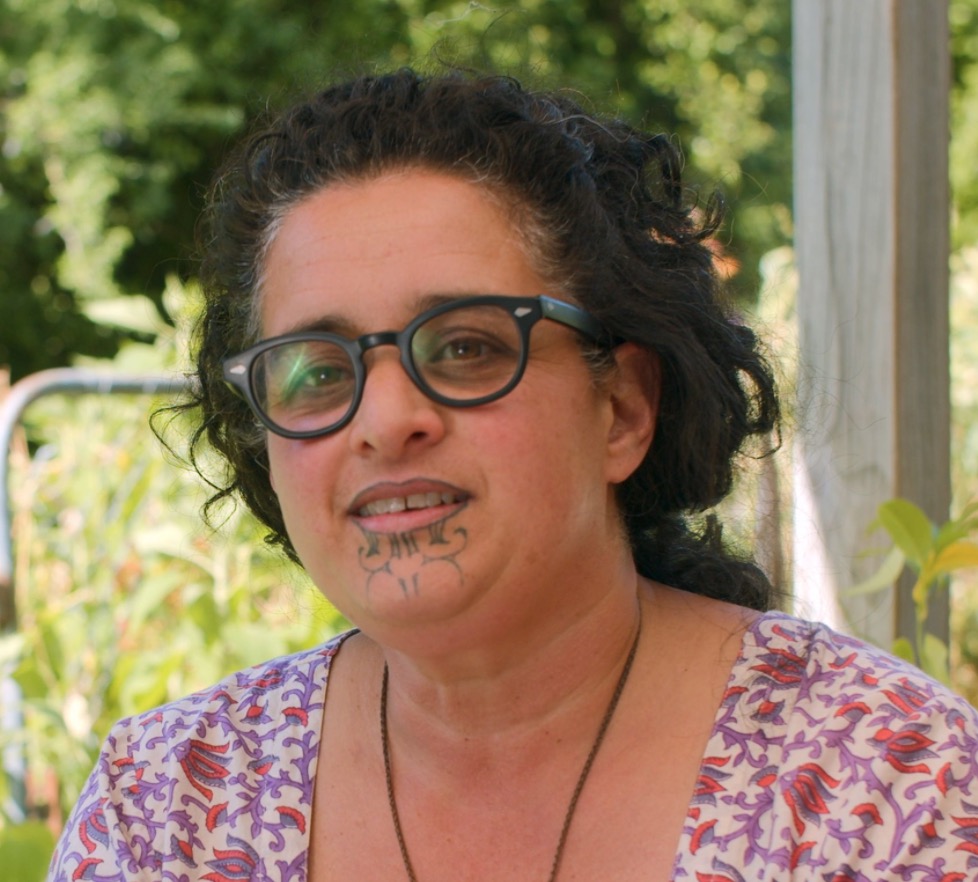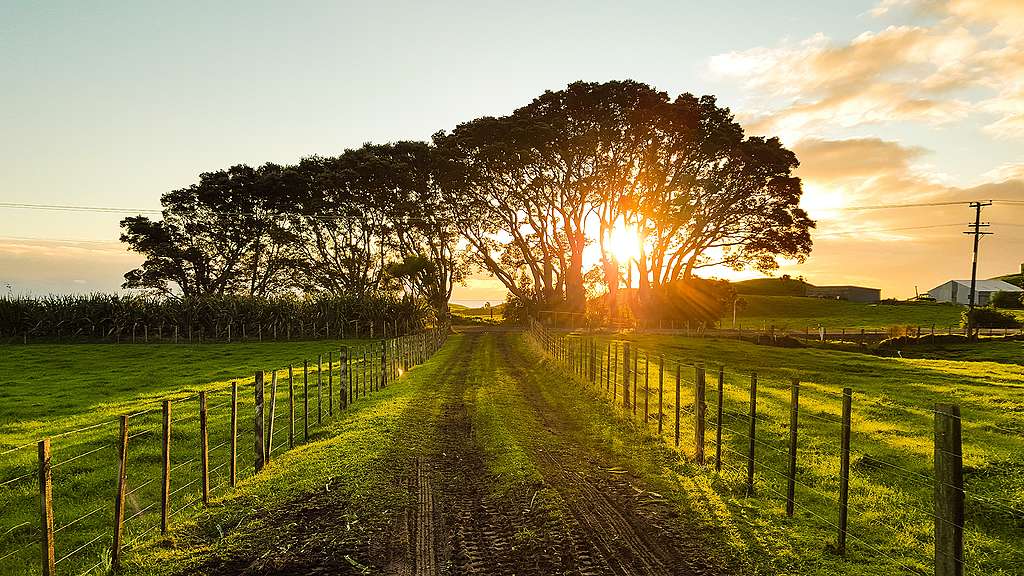Food security, food sovereignty and food systems are now part of our everyday vocabulary in the time of Covid. Covid Lockdowns have shone a light on the precarious nature of our food systems and our dependency on food supply chains that are rooted in capitalist flows of goods and production. Māori, along with Pacific communities, are those who are mostly experiencing food insecurity and food poverty in Aotearoa which is a stark reminder of the ongoing impact of colonisation reaching into the pantries of people who are from these lands and interconnected waterways.
It has become the new normal in the times of Covid to see food banks, food collectives, hapū and marae become sites of intervention for addressing food poverty through food distribution to communities. But – what are we really learning with regard to our food systems in Aotearoa at this time? What are the everyday practices in the current food system that we have the power to change? And how can we as Māori become more sovereign in our food systems? These are questions that I have been exploring over the last decade as a hua parakore whānau food grower and kaupapa Māori researcher. These issues are highlighted in the recent film by Happen Films titled “Building Indigenous Food Sovereignty with the Hua Parakore Organic Framework”:
The Hua Parakore system developed by Te Waka Kai Ora (National Māori Organics Collective) is an Indigenous validation and verification system for Kai Atua – pure food. Hua Parakore is also a framework that can help us as Māori move closer to achieving Māori food sovereignty practices and to live Māori food sovereignty in the everyday with our whānau as a way of life. For us as a whānau food sovereignty is about having the opportunity to return to eat our cultural landscapes and to reconnect with our tupuna through kai.
The short film by Happen Films explains our whānau approach to Māori food sovereignty on our small whānau food farm in Kaitoke just north of Wellington. In the film I talk about how we use the Hua Parakore system as a way of being on the farm and how it can be used to support Māori food resilience and sovereignty. We are not completely sovereign with regard to our kai but we build resilience as a whānau through growing kai and planning well in advance the food we intend to eat across the different seasons. Kai Sovereignty has become a way of living for us. Having a close connection with the soil, the stars and the whenua is all a part of it. Here’s the full interview:
Dr Jessica Hutchings Interview
Food Sovereignty begins in the soil in the ancestral womb of Hine-Ahu-One, as I noted in the book, Te Mahi Oneone Hua Parakore: A Māori Soil Sovereignty and Welling Handbook (Freerange Press: 2020.pp46).
My work as a hua parakore grower and Māori food sovereignty activist begins in the abundant life-giving energies of the soil. Whenua, oneone, Papatūānuku, Hine-ahu-one are all primal points in our creation stories, our identities and our food systems, and are also at the heart of our wellbeing. The multiple roles that soil plays often go unnoticed, yet they are vital for our very existence. Soils do not have a voice, they are our silent allies in our food systems, a crucial part of our living economies and they provide an anchor point for our cultural identity and memories of place – our tūrangawaewae.
 Dr Jessica Hutchings is a kaupapa Māori research leader trained in the fields of environmental and Indigenous studies. She is also a Hua Parakore (Māori organic) farmer on a small family farm and a devotee and teacher of Ashtanga Yoga. She has a deep investment and passion to live life in ways that uplift the wellbeing of people and the land. Find out more about Jessica’s work here.
Dr Jessica Hutchings is a kaupapa Māori research leader trained in the fields of environmental and Indigenous studies. She is also a Hua Parakore (Māori organic) farmer on a small family farm and a devotee and teacher of Ashtanga Yoga. She has a deep investment and passion to live life in ways that uplift the wellbeing of people and the land. Find out more about Jessica’s work here.

Call on Christopher Luxon to set up a billion dollar fund to transition New Zealand away from industrial to regenerative agriculture.
